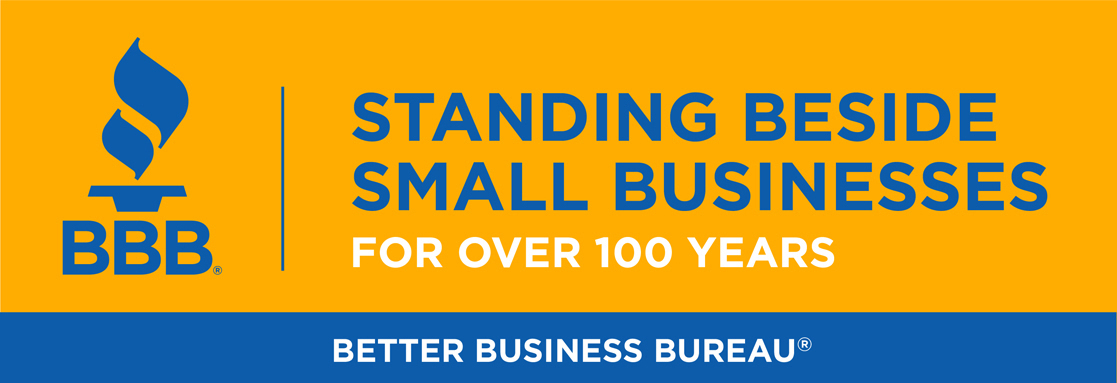With the Great Resignation showing no signs of slowing down, Better Business Bureau® (BBB®) warns job seekers to use caution when job-hunting online. Employment scams are rampant online, and scammers’ tactics are evolving constantly.
Employment scams ranked as the third-riskiest scam of 2021 in the annual BBB Scam Tracker Risk Report, with about 3,350 reports to BBB Scam Tracker last year. About 60 of those reports were filed in Eastern and Southwest Missouri and Southern Illinois. BBB published an in-depth investigative study on employment scams in 2020; read the study at BBB.org/scamstudies.
In employment scams, a consumer receives an unsolicited job offer that may promise high pay, options to work remotely, and/or flexible hours. To get the job, a candidate must complete forms that require personal and/or sensitive information and may be required to “purchase equipment” with part of the proceeds of what turns out to be a fake check. These open the candidate up to identity theft and financial harm.
The latest twist involves interviews via a messaging app such as Telegram. One job seeker in Lake Saint Louis, Missouri, lost $2,150 in such a scam when a scammer who had interviewed her via Telegram, posing as a real company, sent her a fake check to purchase equipment she would need for her home office. The third-party office supply company from which she ordered also was a fake, she told BBB Scam Tracker.
“Employment scams are especially insidious because they prey on unsuspecting people looking for work,” said Stephanie Garland, BBB Springfield Regional Director.
While most consumers in Eastern and Southwest Missouri and Southern Illinois who reported employment scams to BBB Scam Tracker did not report a financial loss, one St. Louis resident reported losing $2,400. The median loss reported nationally from these scams in 2021 was $900.
Job seekers should keep the following in mind to avoid employment scams:
*Some jobs are likelier to be scams than others, such as work-from-home or secret shopper positions. Any job with a generic title such as caregiver, administrative assistant, or customer service rep should also merit further research before you apply.
*If the job posting is for a well-known brand, check the real company’s job page to see if the position is posted there. Look online; if the job comes up in other cities with the exact same post, it’s likely a scam. Note also that government agencies post all jobs publicly and freely.
*Don’t accept on-the-spot job offers, particularly when they are unsolicited. You may be an excellent candidate for the job, but a legitimate company will want to talk to a candidate before hiring.
*If a company sends you a check or overpayment and asks you to wire a portion of it elsewhere, that is a significant red flag — and a common trick used by scammers.
*Be cautious in sharing your personal information, and never share banking information as part of a job application.
*Get all details and contracts in writing. A legitimate recruiter will provide you with a complete contract for their services with cost, what you get, who pays (you or the employer), and what happens if you do not find a job.
Report any scams at BBB.org/scamtracker.




Facebook Comments